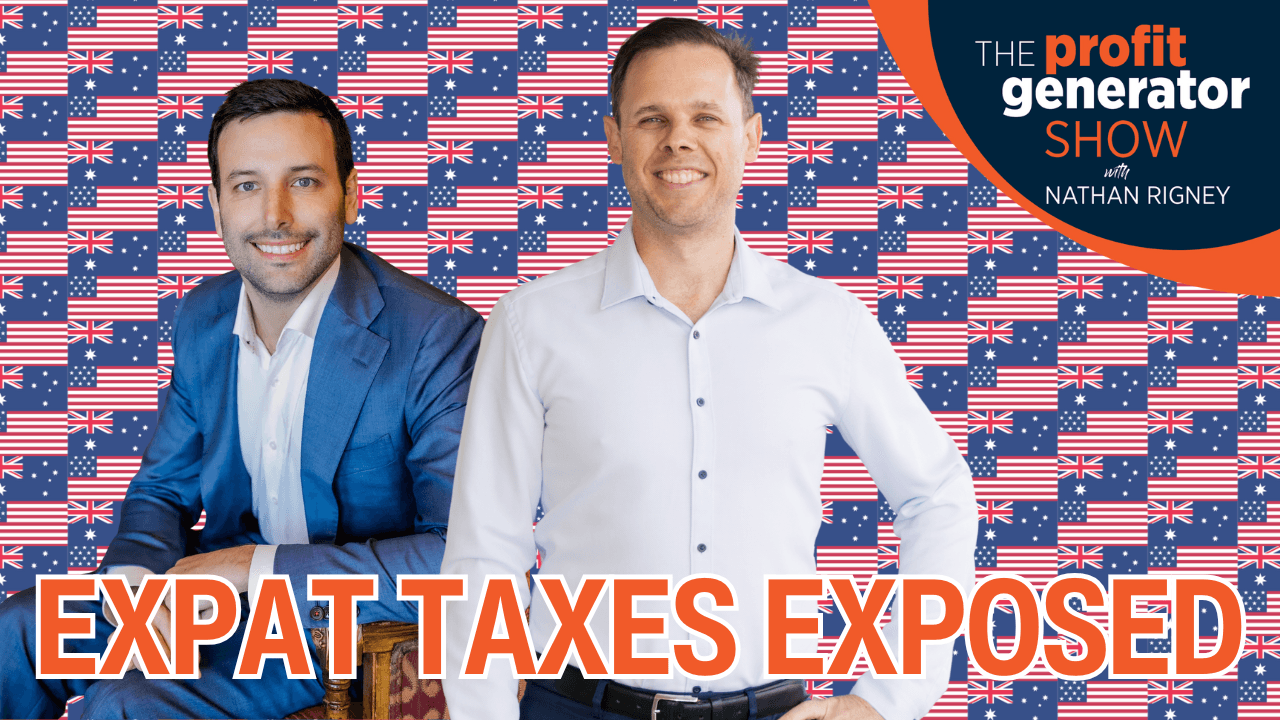For many Australians, the idea of living and working in the United States is a dream, offering new opportunities, experiences, and perhaps even a new life.
But what most Aussies don’t realise before they pack their bags is that Uncle Sam doesn’t forget about you when it comes to tax.
Recently, I sat down with Jason Stoch, Managing Director of Uptrend Advisory, a dual-qualified Chartered Accountant (Australia) and CPA (U.S.) who specialises in helping Australians living in the U.S. (and Americans living here in Australia) navigate the messy, confusing world of cross-border taxation.
And let me tell you, it’s a whole different ball game.
When Does an Aussie Need to File a U.S. Tax Return?
First things first: the U.S. tax system operates on a calendar year, not a fiscal year, unlike Australia. That means the U.S. tax season runs from January to April, with April 15 being the key filing deadline.
Whether you need to file depends on two things:
- Your residency status, and
- Whether you’ve earned U.S. income.
Suppose you’re an Australian living in Australia but have U.S. income (for example, rent from a U.S. property). In that case, you may need to lodge a U.S. return, especially if taxes haven’t already been withheld.
And if you’re living and working in the U.S.?
Even if you’re only there temporarily, you’re most likely required to file.
Why the U.S. System Is So Different
Here’s the big shocker for most people:
The U.S. is one of only two countries in the world that taxes its citizens on their worldwide income, regardless of their place of residence.
Even if you haven’t lived in the United States for years, you may still be required to file, simply because you’re a U.S. citizen or hold a green card.
And if you ever decide to give up that green card or citizenship, the U.S. government can even hit you with an exit tax on your entire net worth.
You can’t make this stuff up.
Why You Shouldn’t Ignore It
It might be tempting to stick your head in the sand and hope it all goes away, but Jason made it clear that’s the worst thing you can do.
The ATO and IRS share information, and the U.S. has a range of international reporting forms with hefty penalties.
Miss one of those forms, and you could face a $10,000 fine per year, per form.
In other words, small mistakes can quickly escalate into significant problems.
The 401(k) vs. Superannuation
One of the most significant cultural shocks for Aussies working in the U.S. is retirement savings.
While Australians have superannuation, Americans have the 401(k), a voluntary, tax-deferred savings plan.
Employers can choose to contribute (sometimes matching an employee’s contributions), but there’s no mandatory minimum, unlike in Australia.
So while we’re guaranteed at least 12% super, Americans have to opt in, and often save far less for retirement.
Planning Matters
If you’re working overseas or have U.S. assets, having the right accountant is not just helpful; it’s essential.
Jason’s firm, Uptrend Advisory, specialises in assisting Australians and Americans in navigating the complexities of cross-border tax issues. Whether you need to understand tax treaties, foreign structures, or residency rules, obtaining the right advice early can save you years of stress, fines, and frustration.
Whether you’re planning to move overseas, already living in the U.S., or returning home, cross-border tax compliance is not something you can afford to take lightly. The regulations are complicated, the penalties can be severe, and the peace of mind that comes from getting it right is invaluable.
Need Help?
If you’re an Australian living in the U.S. or an American living in Australia and are unsure about your tax situation, please contact Jason and the team at Uptrend Advisory.
They specialise in making international tax compliance clear, simple, and stress-free.
And if you’re looking for broader support around your business, financial structure, or cash flow, you can always reach out to me and my team at NGR Accounting. We’ll make sure you’re in good hands on both sides of the Pacific.

